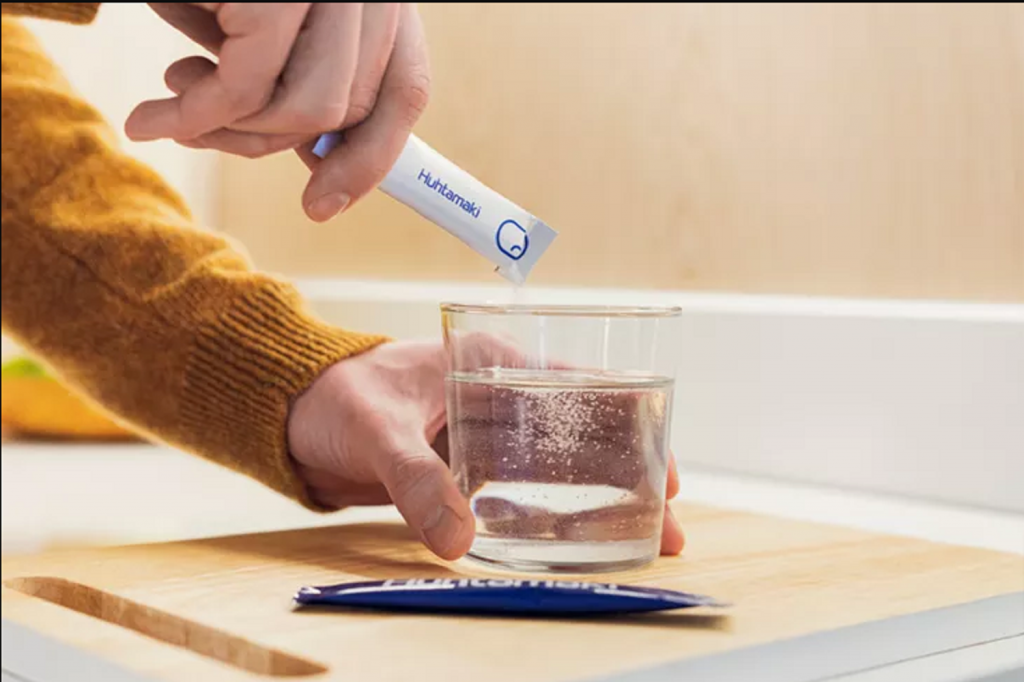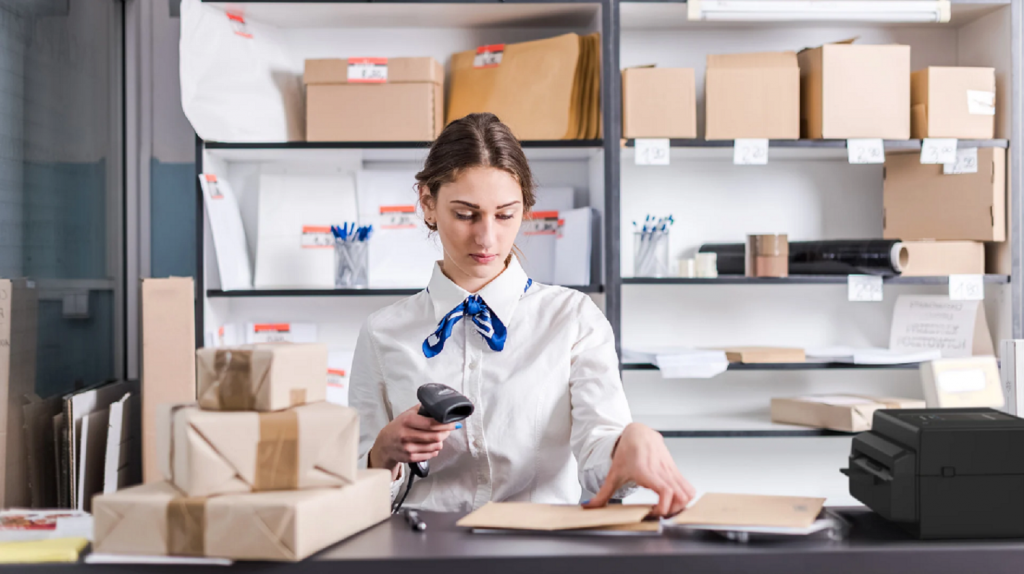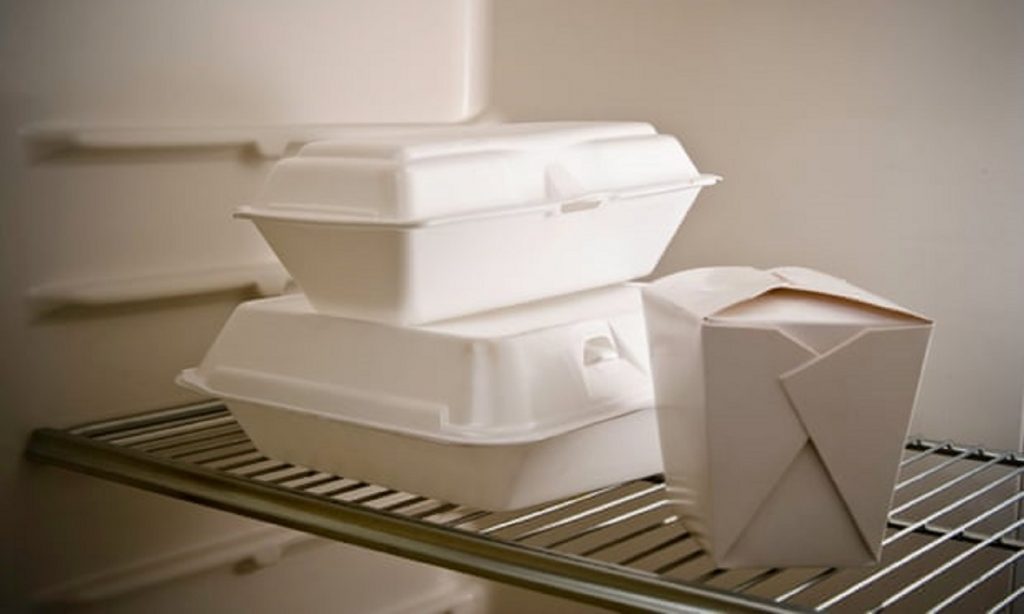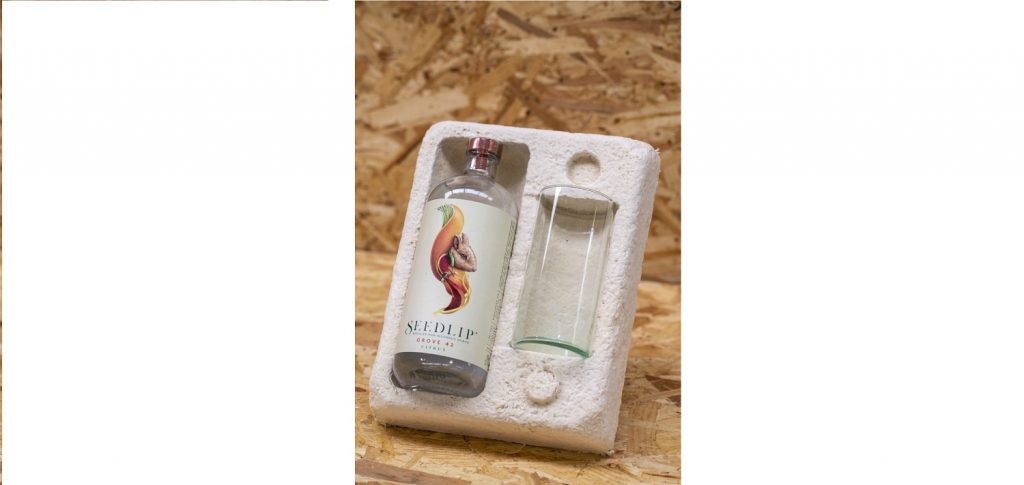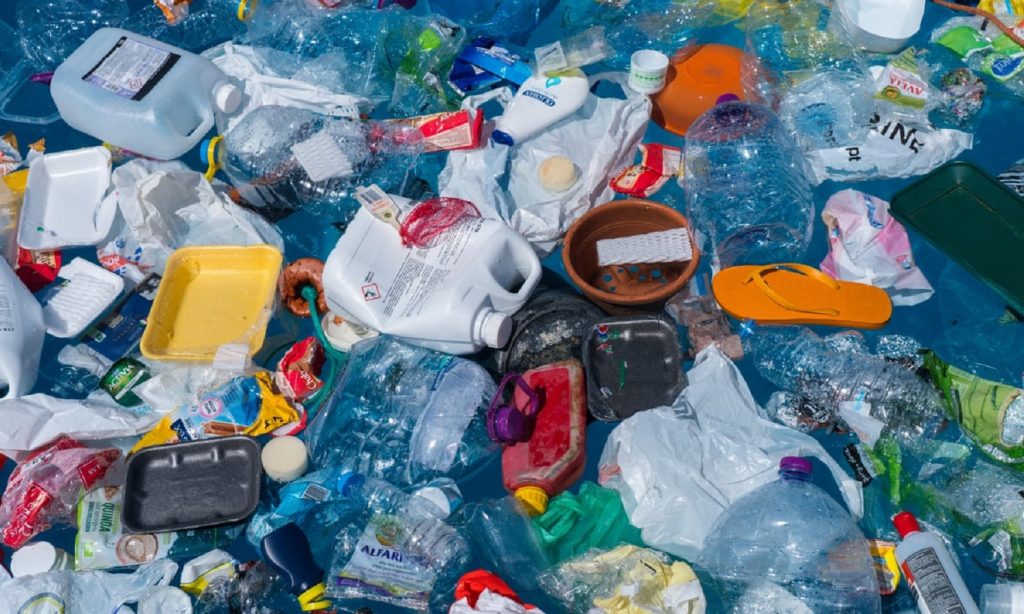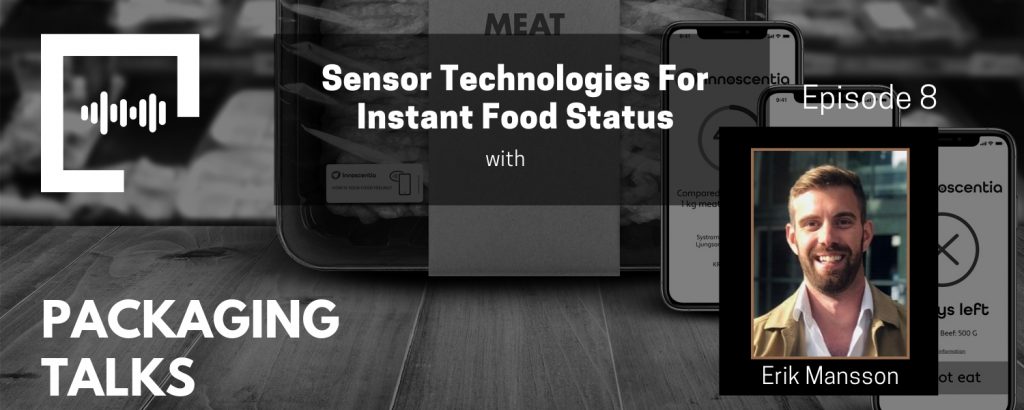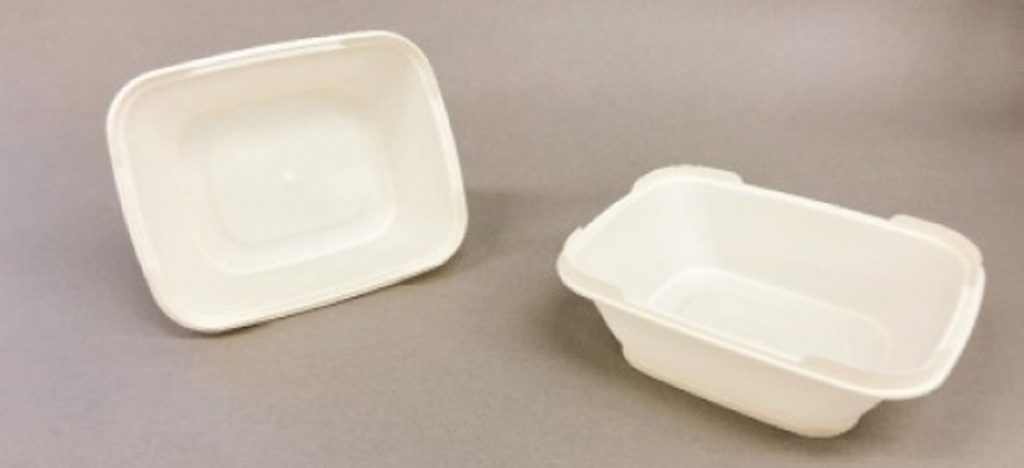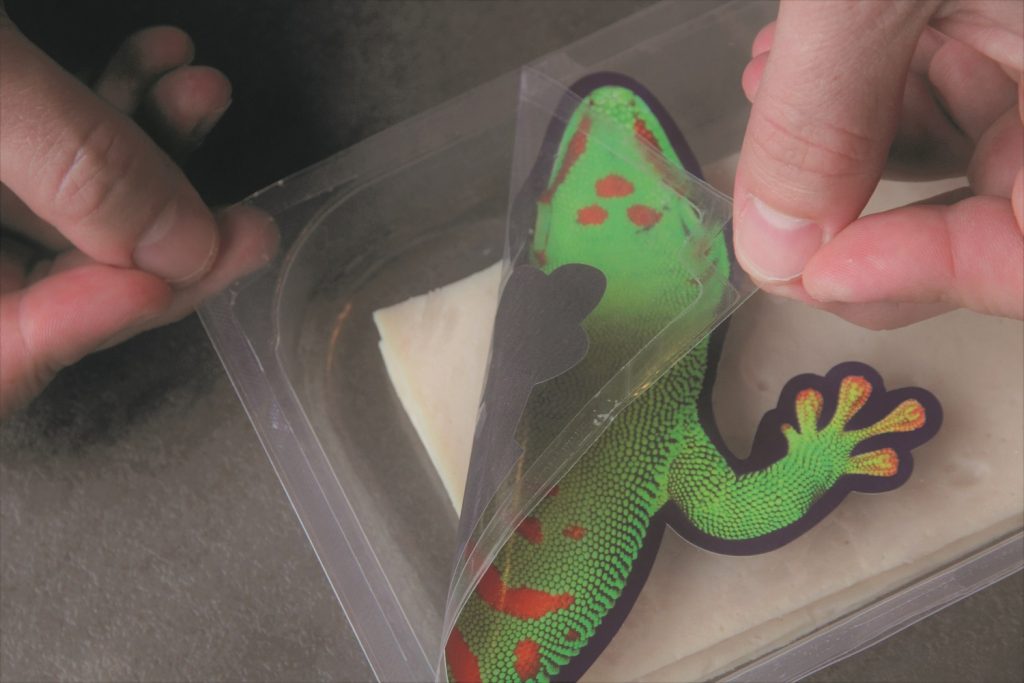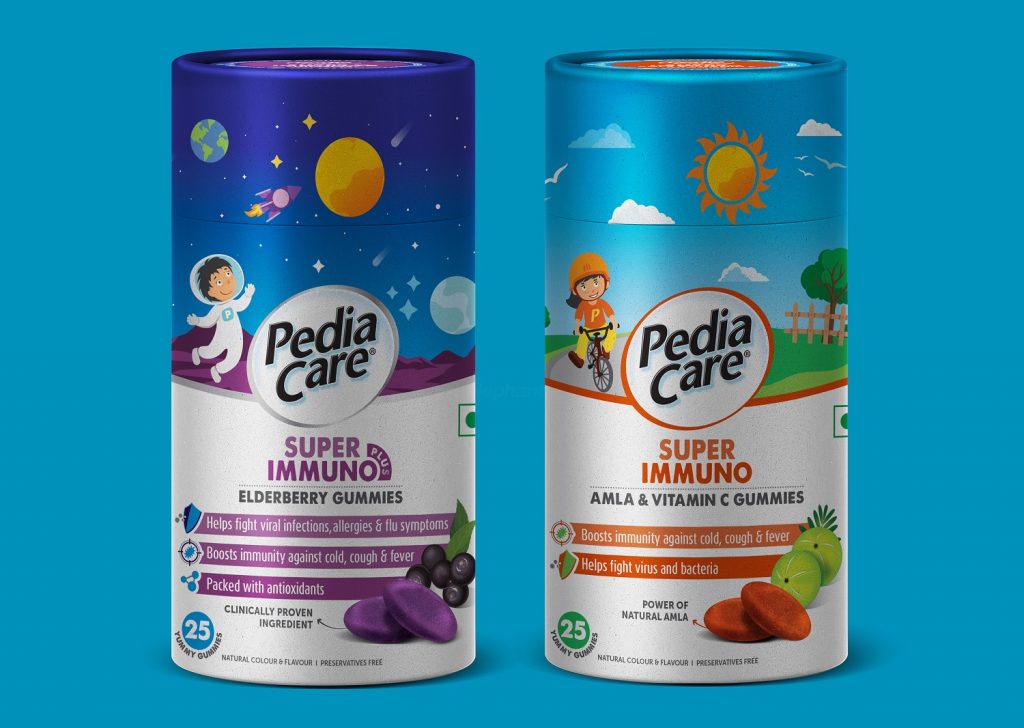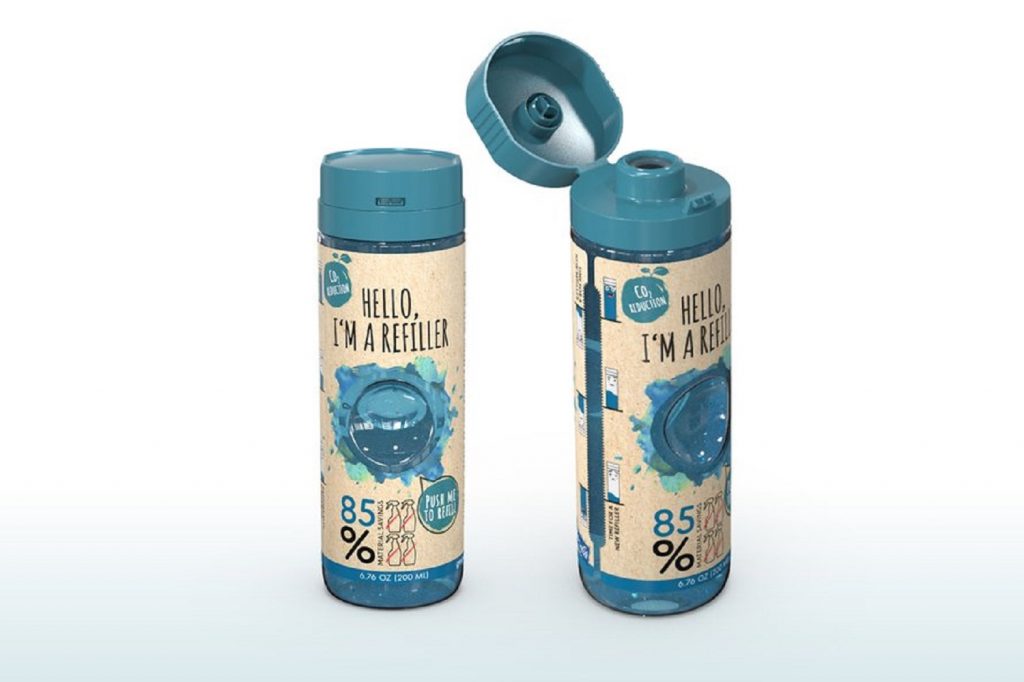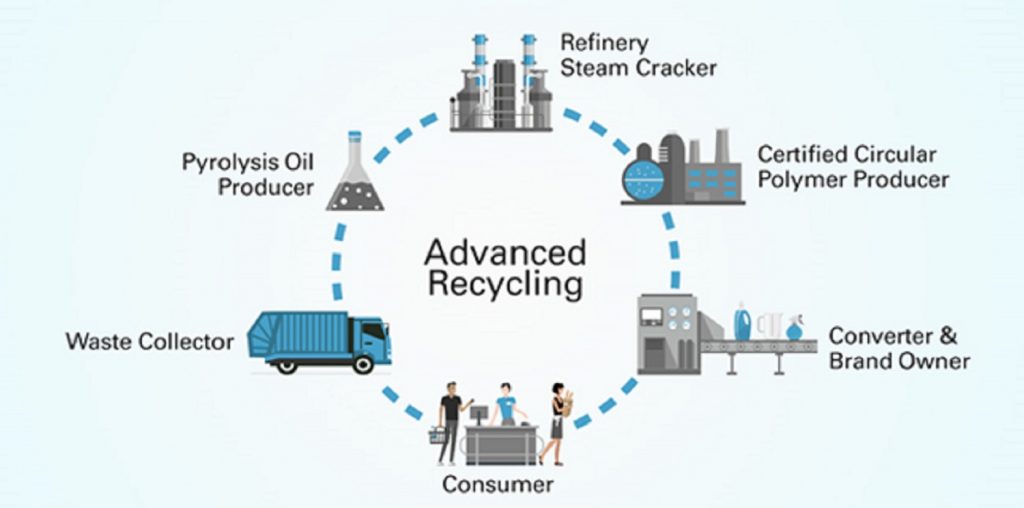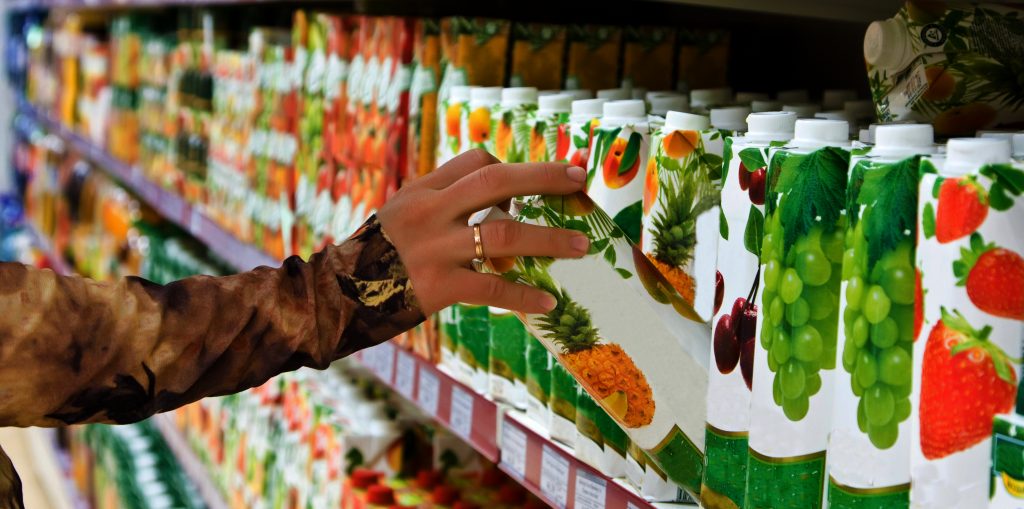RecyClass certifies Huhtamaki blueloop laminate Tubes
The Huhtamaki team, together with partners Plastuni Lisses, member of the Somater Group, and Zalesi, have developed polyethylene (PE) based tubes that have been certified as fully recyclable within the high-density polyethylene (HDPE) container stream by RecyClass, the cross-industry initiative that works to advance plastic packaging recyclability and to establish a harmonized approach towards recycled content calculation and traceability in Europe.

